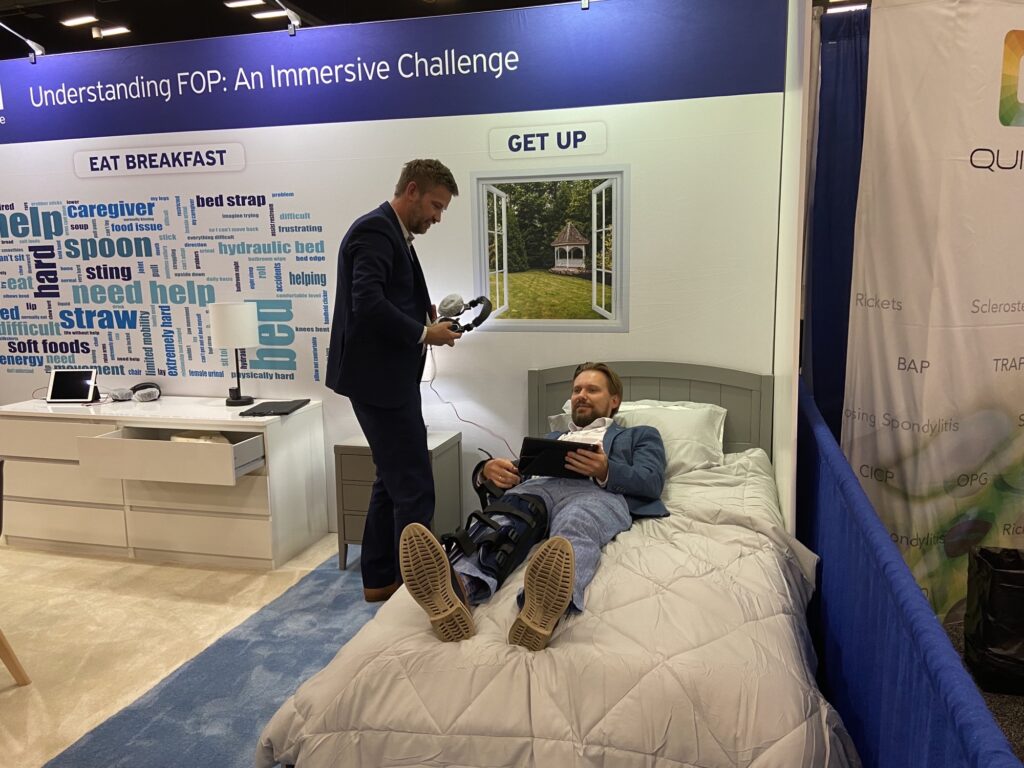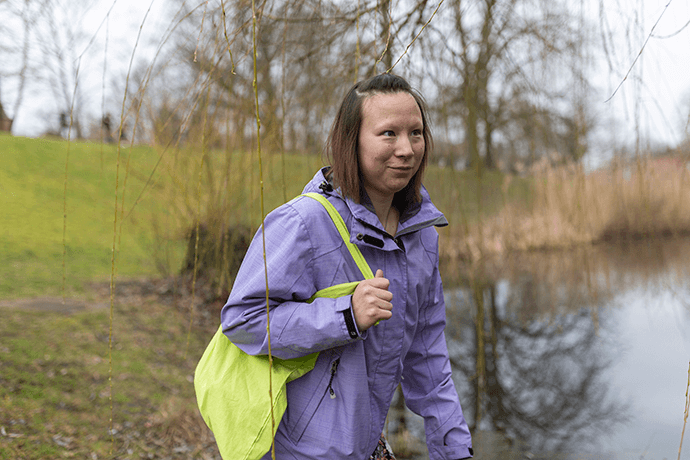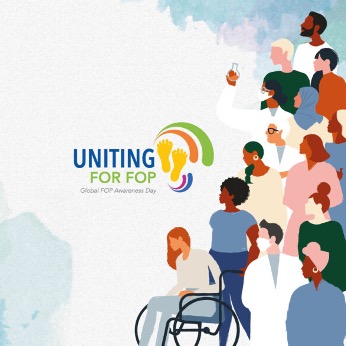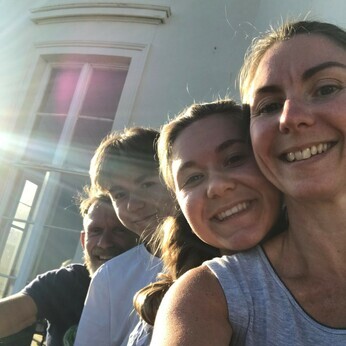We work to improve quality of life and health outcomes for people living with a rare disease, and thereby create a positive impact for society as a whole
Growth disorders are problems that prevent children and teenagers from achieving average height and weight. They are caused when the body does not produce enough growth hormone or, in rare cases, insulin-like growth factor. Growth disorders are one of three of Ipsen’s core priority rare disease areas, where we draw on our shared expertise across Oncology and Neurology to advance innovation and deliver treatment options for patients who continue to face unmet needs.
This is why our commitment matters.

Patient education
We partnered with Association GRANDIR and specialist physicians to create brochures to better explain puberty disorders to children living with them and their families. They are now being used in daily practice by physicians to assist their conversations with their patients.

Physical handicap
Extreme short stature is associated with a physical handicap. This can result in difficulty finding suitably sized clothing and shoes, as well as problems with high steps in public transportation.

Psychosocial difficulties
In adulthood, people living with endocrine growth disorders may experience psychosocial difficulties, such as worse employment and economic prospects.

Acromegaly
- Acromegaly is a rare disorder caused by a benign (noncancerous) tumor of the pituitary gland, called an adenoma, that promotes too much growth hormone, or GH, to be released into the bloodstream. Consequentially, the body makes more of another hormone, insulin-like growth factor 1 (IGF-1).
- Too much IGF-1 and GH in the body can create abnormal growth of bones, cartilage and other body tissues.
- While the more outward signs are enlarged hands, feet and face, more serious problems may also develop.

Severe Primary Insulin-like Growth Factor (IGF-1) Deficiency (SPIGFD)
- This occurs when children lack insulin-like growth factor 1 (IGF-1), a naturally occurring hormone that is vital in promoting growth.
- If IGF-1 levels are very low, but growth hormone levels are normal or even elevated, this can cause children to be shorter than almost all others of the same age and gender.

Central Precocious Puberty (CPP)
- This occurs when a child develops into a young adult at an unexpectedly early age because their growth and sex hormone glands begin to function early.
- CPP can be caused by tumors in the central nervous system (CNS) and other CNS disorders.



